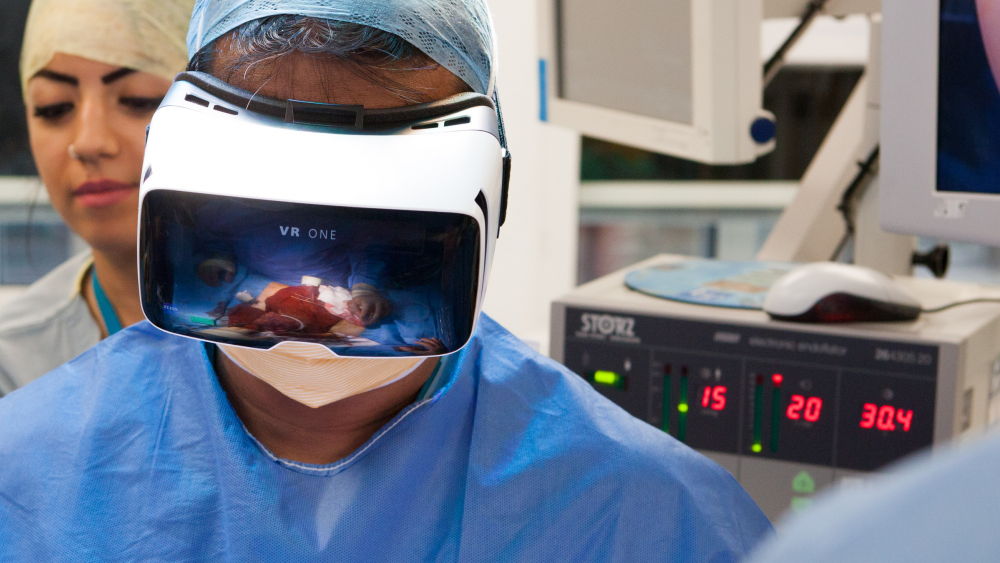Increasing affluence, a booming and graying population, and the rise in lifestyle diseases will help drive the total healthcare market value of Gulf Cooperation Council (GCC) countries - Bahrain, Kuwait, Oman, Qatar, Saudi Arabia, and the United Arab Emirates - to reach USD$56 billion by the end of the decade, according to a research firm.
The Gulf Cooperation Council (GCC), the union of states in the Persian Gulf, namely Bahrain, Kuwait, Oman, Qatar, Saudi Arabia, and the United Arab Emirates, is in the midst of a population boom.
The region had approximately 50 million residents in 2013, and the influx of expatriate workers and high birth rates are expected to accelerate this trend toward the end of the decade.
Since 2007, the GCC has grown at a CAGR (compound annual growth rate) of 4%, one of the fastest in the world.
A parallel upsurge in the GCC’s healthcare market is also happening.
According to a research and consultancy firm, the healthcare sector in the GCC region will jump from $46 billion in 2012, to $56 billion by 2020.
Saudi Arabia is expected to remain the biggest healthcare sector at $28.7 billion, followed by the UAE at $12.5 billion. Kuwait will be the third highest at $6.9 billion, followed by Oman at $3.8 billion, and Qatar with $2.7 billion worth of expenditures, according to the report from Falak Consulting’s Research Department (FCRD).
Aside from the increase of foreign workers, who constitute nearly 50% of the GCC population, the major contributors of this unprecedented growth in the healthcare market in the GCC are:
- Rising incomes
- An increase in lifestyle diseases
- A graying population.
According to the report, gross domestic product (GDP) per capita in GCC countries stood at a comparatively high USD$33,539 as of 2012. Related to this, “conditions of affluence” such as obesity, hypertension, diabetes, heart disease, and other diseases like cancer, psychiatric and musculoskeletal disorders, are all on the rise.
Also, the segment of the population who are most likely to have these diseases - the 65 and over population - is expected to double by 2020.
While GCC countries have poured billions of dollars into developing the healthcare sector, the report says public sector participation could help share the burden of meeting the burgeoning demand in health.
“Strengthening the healthcare delivery system in the GCC countries has been a topic of much discussion over the last decade. Though the region has seen a surge in expenditure for this sector, while governments continue to bear a significant burden, overall government spending continues to be low in comparison to OECD economies,”
Suhail Algosaibi, Chairman, Falak Consulting, wrote in the report.
Algosaibi said building additional specialty clinics and hospitals for target diseases could divert some of the GCC’s regional traffic to itself, a more well-rounded strategy rather than relying solely on patients from other parts of the world to come to its medical tourism hubs.
The report identifies psychiatric disorders, cardiovascular diseases, diabetes, neonatal disorders, and respiratory ailments as leading causes of disabilities in the region, and with the lack of facilities for these conditions, there is a huge opportunity in building hospitals and bringing in medical expertise from around the world to cater to these patients.
Governments in the GCC have taken the necessary steps to meet the burgeoning demand in healthcare in the coming years.
The two largest healthcare markets in the region have already begun to carry out their long-term strategies to meet surging demand.
Saudi Arabia is currently in the midst of a hospital construction spree - part of a 10-year strategic plan to build more hospitals, specialized medical centers and “medical cities.” The UAE is building 22 hospitals to take care of half a million medical tourists by 2020.
The FCRD report used data from the health ministries of the GCC member states, as well as from the World Bank, International Monetary Fund, United Nations, OECD and the Global Burden of Disease 2010 Study.
Log in or register for FREE for full access to ALL site features
As a member of the nuviun community, you can benefit from:
- 24/7 unlimited access to the content library
- Full access to the company and people directories
- Unlimited discussion and commenting privileges
- Your own searchable professional profile



.jpg)







.jpg)
